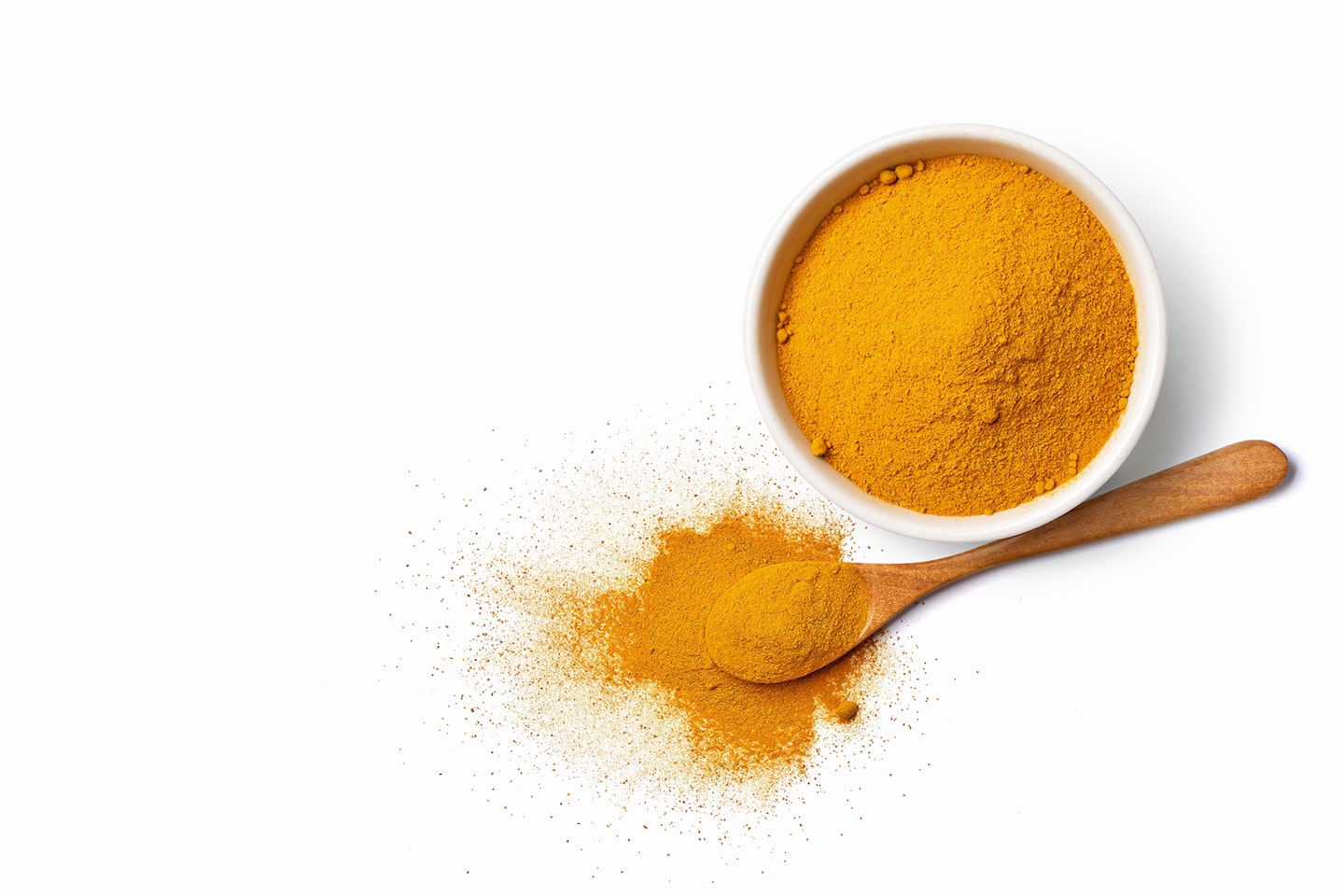What is it?
‘Brain fog’ isn’t a disease or disorder, but a range of symptoms including a general feeling of fatigue and cognitive dysfunction. The term is often used when a person is feeling less mentally sharp than normal.
It can cover everything from our attention to our memory and make us feel distracted, sluggish or tired — and also forgetful and unable to focus. You can also feel a bit confused and have difficulty completing everyday tasks, or find they take longer to complete than normal.
What causes brain fog?
Anxiety and Stress
Both of these can lead to high cortisol levels, a hormone involved with stress. High levels of cortisol over time have been shown to kill brain cells, cause premature ageing in the brain, and decrease the rate at which new brain cells are made.
Lack of sleep
Poor sleep quality or a lack of sleep can interfere with how well your brain functions, and lead to poor concentration and cloudy thoughts.
Hormonal changes
Levels of the hormones progesterone and oestrogen increase during pregnancy, and this change can affect memory and cause short-term cognitive impairment.
Similarly, a drop in oestrogen levels during menopause can cause forgetfulness, poor concentration, and cloudy thinking.
Vitamin deficiency
Vitamin B12 supports healthy brain function, and a deficiency in this B vitamin can bring about brain fog.
What can we do to help lift the fog?

Get moving
Exercise is important for your body and your brain. If your heart isn’t pumping blood properly, your brain won’t get the oxygen-rich blood it needs to support memory function.
Practising yoga can be very grounding and helps connect you to your breath.
Deep breathing
Mindfulness and meditation can help you to focus your awareness on the present moment, and teach you to interrupt your thoughts when they get off-track.
Spice it up
Spices including turmeric, cinnamon and ginger have been shown to influence our mental wellness. They reduce inflammation and can also influence the release of ‘happy’ brain chemicals, lifting mood and easing anxiety. Try the Together Health Curcumin Complex, £9.99.
Get enough sleep
Aim for seven to eight hours of sleep a night. Avoid caffeine and alcohol after lunch, and switch off your phone at least an hour before bed.
Boost brain health
Vitamins B6, B9 (folate), and B12 are required in the manufacture, repair and maintenance of brain tissue, cells and neurons.
They also help to break down homocysteine, an amino acid that builds up as
we age and has been linked to dementia progression. Try the Together Health Vitamin B12 Shiitake Mushroom, £9.49, as a supplement.
Feed your brain
The brain needs both general and specific nutrients that play a critical role in its functioning.
The food we eat can influence our impulses and decisions, particularly when it comes
to the sugar-versus-protein content. Sugary, processed foods aren’t good for the brain, with too much having adverse effects due to its influence on the hippocampus. This can disrupt our cognitive functions and levels of tolerance, and our ability to problem-solve.
The grey matter in the brain is made up of 90 per cent fat, and the richest in omega-3 fatty acids. We cannot make these fats, so they need to be in our diet. Oily fish such as sardines, salmon and mackerel, almonds, organic meats and plant oils should be eaten regularly.
Antioxidant-rich foods help to boost your body’s natural energy production. These include blueberries, dark-green veggies, sweet potatoes, any deeply pigmented fruits and veggies, plus foods that are packed with co-enzyme Q10 such as chicken, beef, pork, legumes, nuts and seeds.
The gut-brain relationship
The bacteria in our gut communicates with our brain via the vagus nerve, and keeping this communication healthy can influence our mood and improve how we respond to stress.
Opting for a diet that’s rich in gut-friendly foods such as plant fibre, and adding extra top-ups of good bacteria in the form of probiotics and fermented foods, all have good scientific backing when it comes to maintaining a healthy influence on our gut’s role in brain health.
Edited by Donna Smiley
